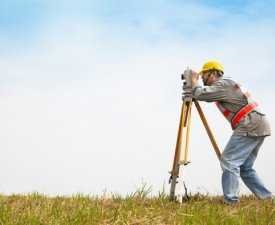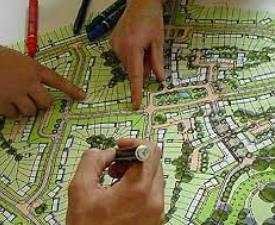Description
Here’s a structured outline for a Diploma in Surveying program, including course details, objectives, and career prospects:
Diploma in Surveying
Duration: 2–3 Years (Depending on Institution)
Eligibility: High School Diploma (Science/Technical background preferred)
Program Overview
The Diploma in Surveying equips students with technical skills in land measurement, geospatial data collection, and mapping. Graduates will be proficient in using surveying instruments, software, and techniques for construction, civil engineering, and land development projects.
Course Modules
1. Core Surveying Subjects
-
Principles of Surveying
-
Introduction to surveying, types of surveys, and applications.
-
-
Land Surveying
-
Boundary marking, cadastral surveys, and legal aspects.
-
-
Geodetic Surveying
-
Earth’s curvature, coordinate systems, and GPS technology.
-
-
Engineering Surveying
-
Surveying for construction, roads, bridges, and tunnels.
-
-
Remote Sensing & GIS
-
Use of satellite imagery and Geographic Information Systems (GIS).
-
2. Practical & Technical Skills
-
Surveying Instruments
-
Theodolites, Total Stations, Levels, and Drones (UAVs).
-
-
CAD & Surveying Software
-
Training in AutoCAD, Civil 3D, ArcGIS, and specialized surveying software.
-
-
Fieldwork & Data Analysis
-
Hands-on training in data collection, error adjustment, and map production.
-
3. Supporting Subjects
-
Mathematics for Surveying
-
Trigonometry, coordinate geometry, and error calculations.
-
-
Construction Technology
-
Basics of civil engineering and project planning.
-
-
Land Law & Professional Practice
-
Legal frameworks, ethics, and surveying standards.
-
Career Opportunities
Graduates can work in:
-
Land Surveying Firms
-
Construction & Engineering Companies
-
Government Agencies (e.g., Urban Development, Mining, Forestry)
-
GIS & Remote Sensing Companies
-
Railway & Highway Departments
Job Roles:
-
Land Surveyor
-
GIS Technician
-
Cartographer
-
Surveying Technician
-
Construction Surveyor
Assessment & Certification
-
Examinations: Theory and practical tests.
-
Projects: Field surveys, mapping assignments.
-
Internship: Industry placement (optional in some institutions).
Further Studies
Graduates can advance to:
-
Bachelor’s in Geomatics/Surveying Engineering
-
Certifications in GIS, Drone Surveying, or Hydrography
Why Choose This Diploma?
✔ High demand in infrastructure and urban development.
✔ Hands-on training with modern technology.
✔ Pathway to professional licensure (e.g., Licensed Land Surveyor).




